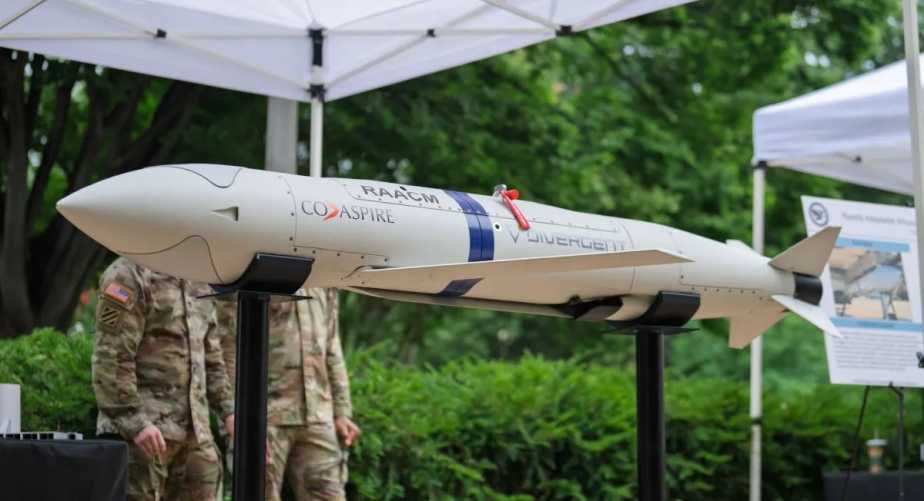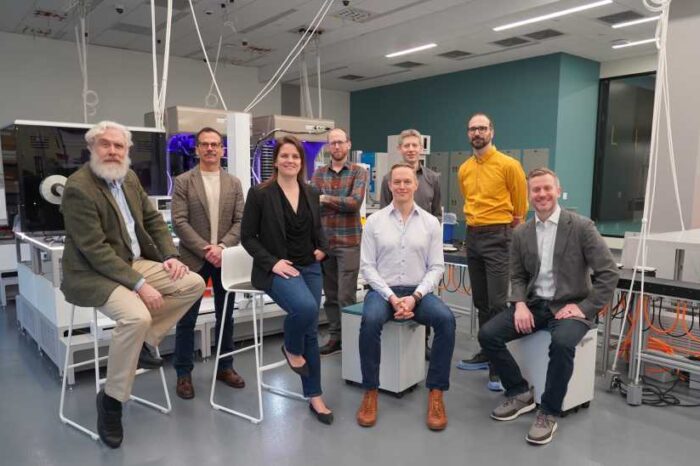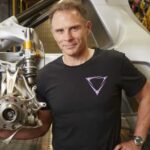Divergent Technologies secures $290M series E at $2.3B valuation to scale 3D-printed defense manufacturing
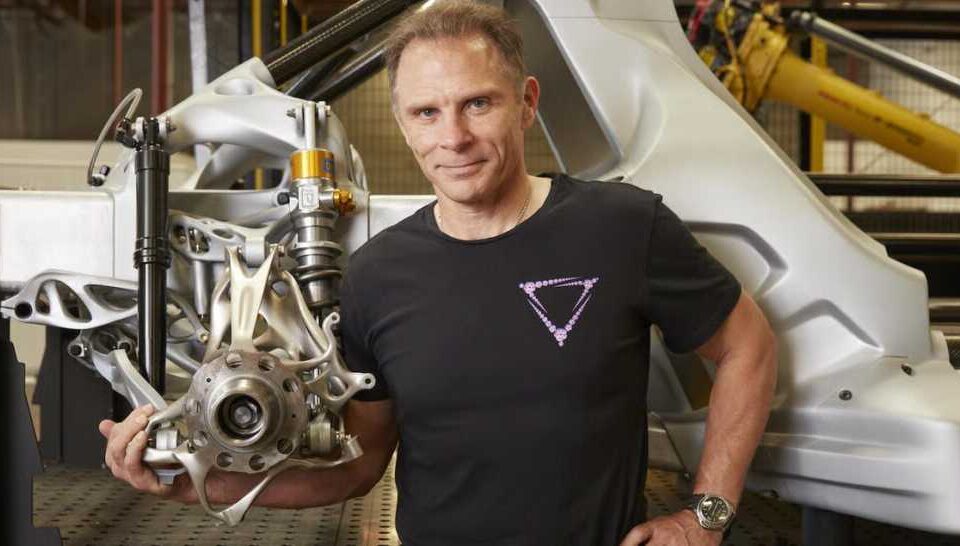
Divergent Technologies just landed a $290 million boost to its war chest, cementing a $2.3 billion valuation as the additive manufacturing startup pushes deeper into aerospace and defense production.
The Series E round, led by Rochefort Asset Management, breaks down into $250 million in equity and $40 million in debt. Lukas Czinger, Divergent’s co-founder and CEO, said the fresh capital gives the company the fuel it needs to grow its capacity for aerospace and defense customers, expand its team, and double down on product development.
“This funding enables us to scale DAPS for aerospace and defense, expand our world-class team, and strengthen America’s industrial base with a truly next-generation system,” Czinger said in a news release.
Founded in 2014, the Torrance, California–based startup has built its name on the Divergent Adaptive Production System (DAPS), a digital platform that lets customers design, 3D-print, and assemble parts with remarkable speed. Now, with defense contracts stacking up, Divergent is gearing up to scale its production facilities and widen its footprint.
Divergent started with luxury automotive partners like Aston Martin, Bugatti, and McLaren, where its technology proved it could shrink development cycles and slash costs. In 2022, the company expanded into aerospace and defense with initial contracts from General Atomics. Since then, the client list has ballooned to include Lockheed Martin, Raytheon, and Triumph Group. In the first half of 2025 alone, Divergent rolled out more than 200 new aerospace and defense part numbers, bringing its total above 600. That surge has translated into revenue growth north of five times year-over-year.
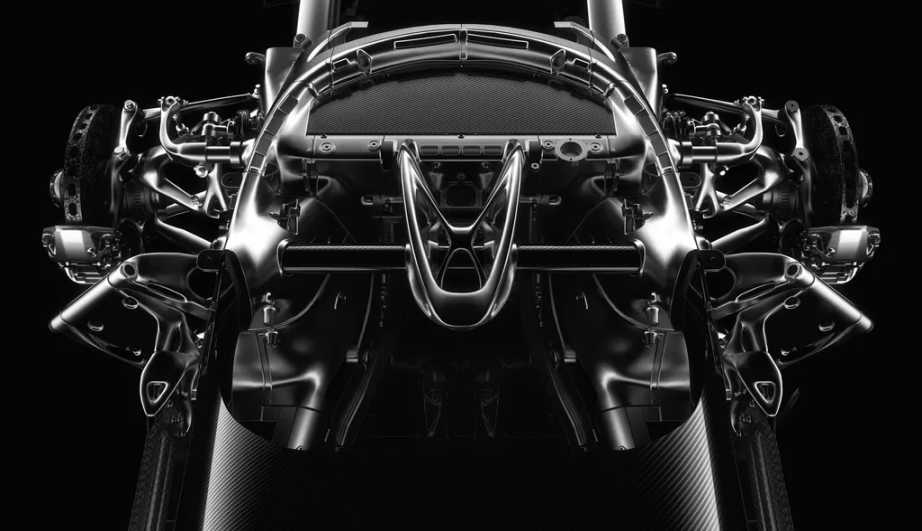
For defense and aerospace contractors, supply chain snags have made traditional production methods a liability. Additive manufacturing, the technical term for industrial 3D printing, offers a way to make parts directly from digital files, layer by layer, cutting waste and eliminating the need for expensive tooling. RTX’s Pratt & Whitney, for example, recently rolled out a repair process that uses additive manufacturing to shave more than 60% off the time needed for engine component repairs. Divergent, with its software-driven system, is positioning itself as a partner for companies under pressure to deliver more hardware in less time.
Kyle Bass, co-CEO of Rochefort, said Divergent is building exactly the kind of industrial backbone the U.S. needs right now. “By uniting advanced software and hardware into a single platform, Divergent is proving that the U.S. can out-innovate and out-produce on the global stage,” Bass said.
The company’s ambitions stretch across automotive, aerospace, and defense, but its biggest push right now is in supplying high-demand defense contractors. With new funding, Divergent plans to expand its production capacity, strengthen its team, and further develop its platform for upcoming product families. The company is betting that its blend of additive manufacturing and automated assembly will define how future aircraft, vehicles, and defense systems are built.
